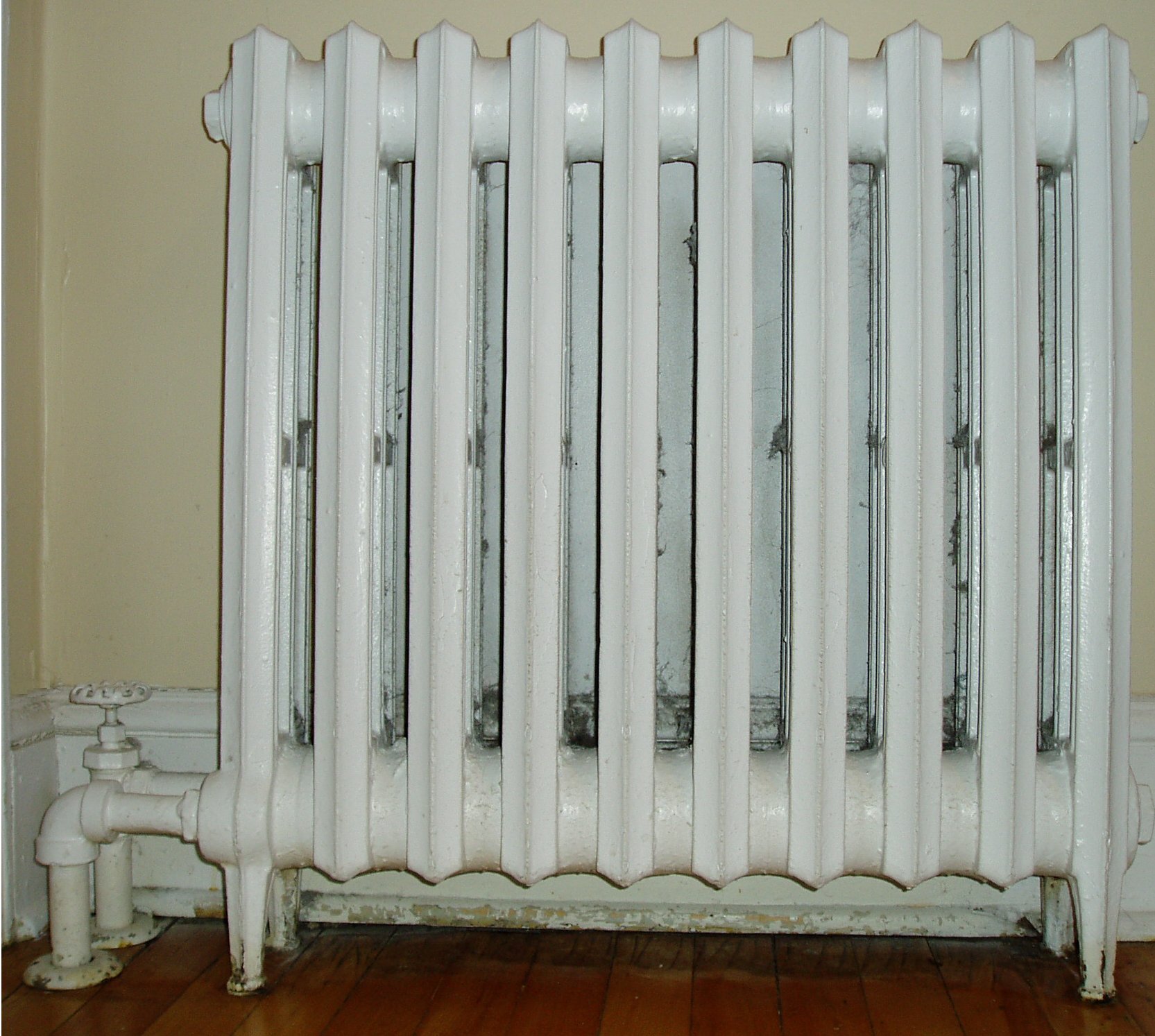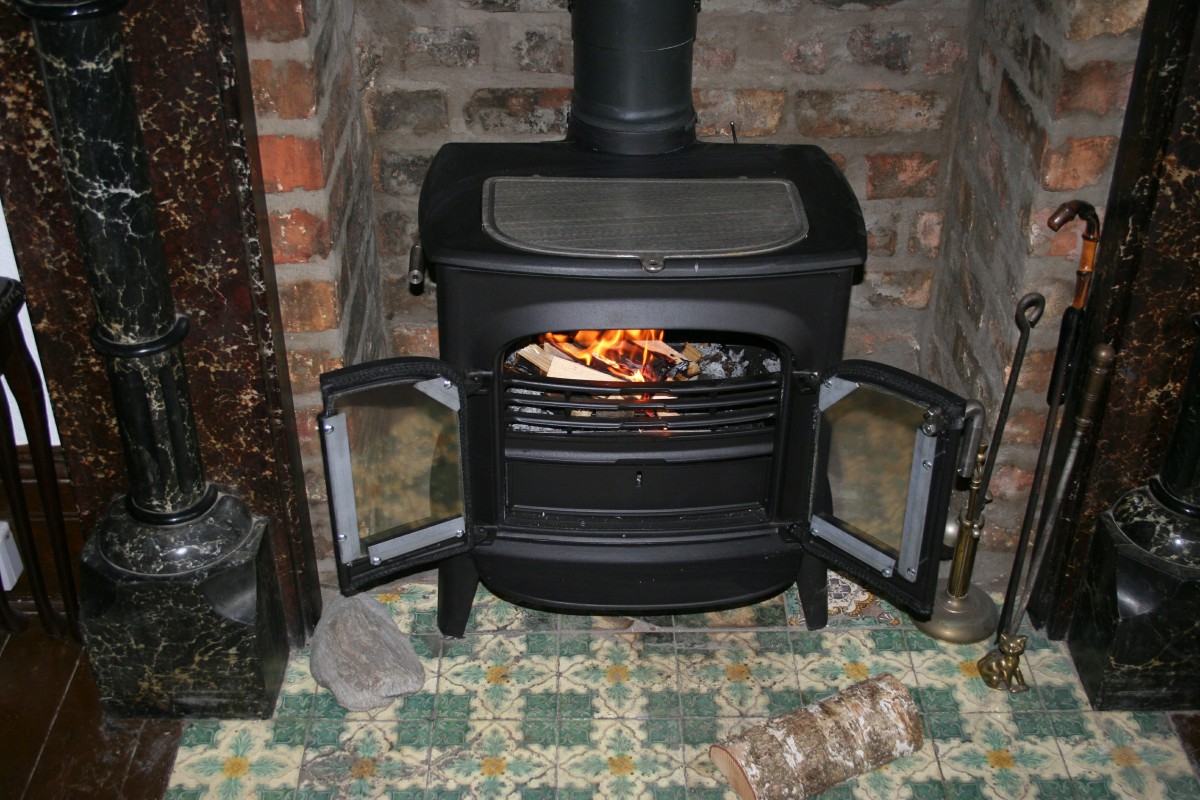The heat pump transfers heat from a cold environment to a place to be heated. It is the opposite of a refrigerator. So, without further ado, let’s dive into this blog and learn some things you need to know about the heat pump.
What is a heat pump?

The heat pump system works like a refrigerator (but in reverse, heat is transferred from inside the refrigerator to the outside). A heat pump can work only in one direction to produce cold (cold-only air conditioner) or heat (solar heat pump) or in both directions (reversible heat pump that produces cool in summer and heat in winter).
There are several types of heat pump: (air/air heat pump, air/water heat pump, water/water heat pump or ground/soil heat pump); the first term defines the origin of the energy / the second term defines the type of possible diffusion).
The purpose of a heat pump
The principle of a heat pump is simple; it allows to capture of the external energy to reduce the use of heating to the maximum. Heat pumps allow a house to be heated by calories from the earth, water and air. In fact, there are several possible combinations of heat pumps.
How a heat pump works
A heat pump consists of an evaporator, a compressor generator and a condenser. It operates as follows:
-
- A refrigerant registers the ambient heat outside the dwelling and goes from a liquid state to a boiling state with an evaporation point of -5°c.
-
- The vapour is then drawn in to be compressed and heated by the compressor and is then sent to the top condenser.
-
- The liquid refrigerant redistributes its heat to the condenser through a water exchange circuit. The condenser, in turn, transfers the heat to the entire house.
The different types of heat pumps
For your information, the types of heat pumps are differentiated by their thermal diffusion system and the energy source used. You must take into account the conditions of your home and your preferences.
Water-source heat pumps

Its main advantages lie in its good performance. As its name suggests, it takes heat from water such as rivers or groundwater. With autonomy without auxiliary heating, it allows to have domestic hot water. On the other hand, it is necessary to have a water point or a groundwater table nearby. It is necessary to follow administrative procedures to carry out the work. You can trust a company approved in this field for its installation.
Ground source heat pumps
It is necessary to install a horizontal or vertical geothermal probe in the ground. It has the same performances as the water heat pump. But the difference lies in the use of a large garden if it has horizontal sensors.
Geothermal heat pumps
Geothermal heat pumps draw energy from the subsoil with sensors installed in the garden and use it to produce heat that feeds the heating circuit. Their particularity, they can replace air conditioning by producing cold. You will not need space to install it. But also, it is not necessary to have an evacuation conduit since there is no rejection.
Aerothermal heat pumps
Aerothermal heat pumps use indoor or outdoor air to extract heat and distribute it throughout the house. They are the most popular on the market. Its main advantage is the ease of installation. It requires no construction work and no administrative authorization. However, it requires an agreement from the other occupants if it is a condominium.
Moreover, it is dependent on the outside temperature. Indeed, the system becomes less efficient in the case of low temperatures. The heat pump stops working at temperatures around -10 to -20 degrees. In this case, it needs supplementary heating.
How to choose a heat pump

You have to start with the performance of the device. You should take into account its coefficient of performance, which is the ratio of the thermal energy returned to the heating system to the electrical energy used by the heat pump.
Sound off in the comments section below and tell us what you want to read next and if you want to read more about heat pumps.

